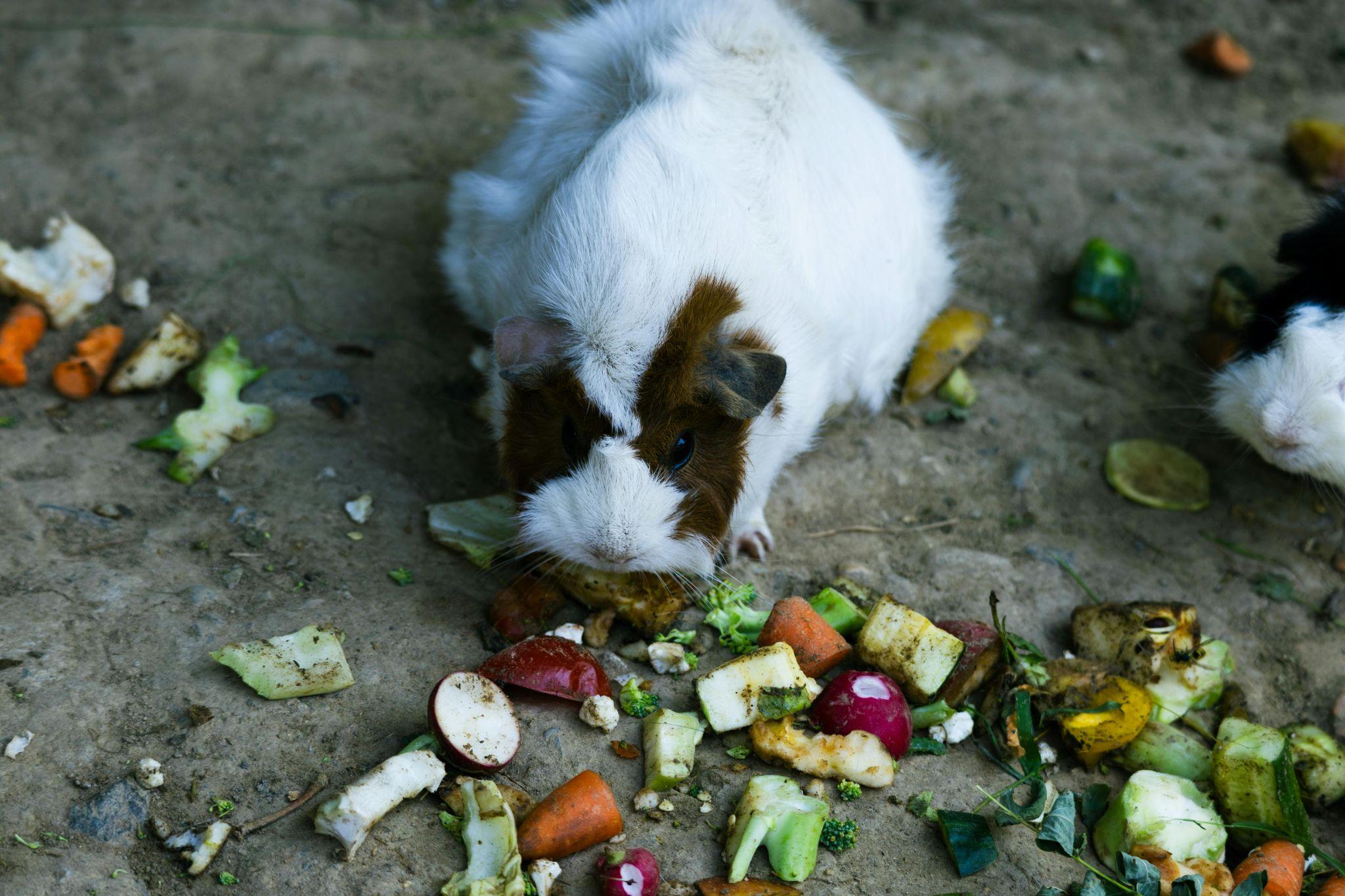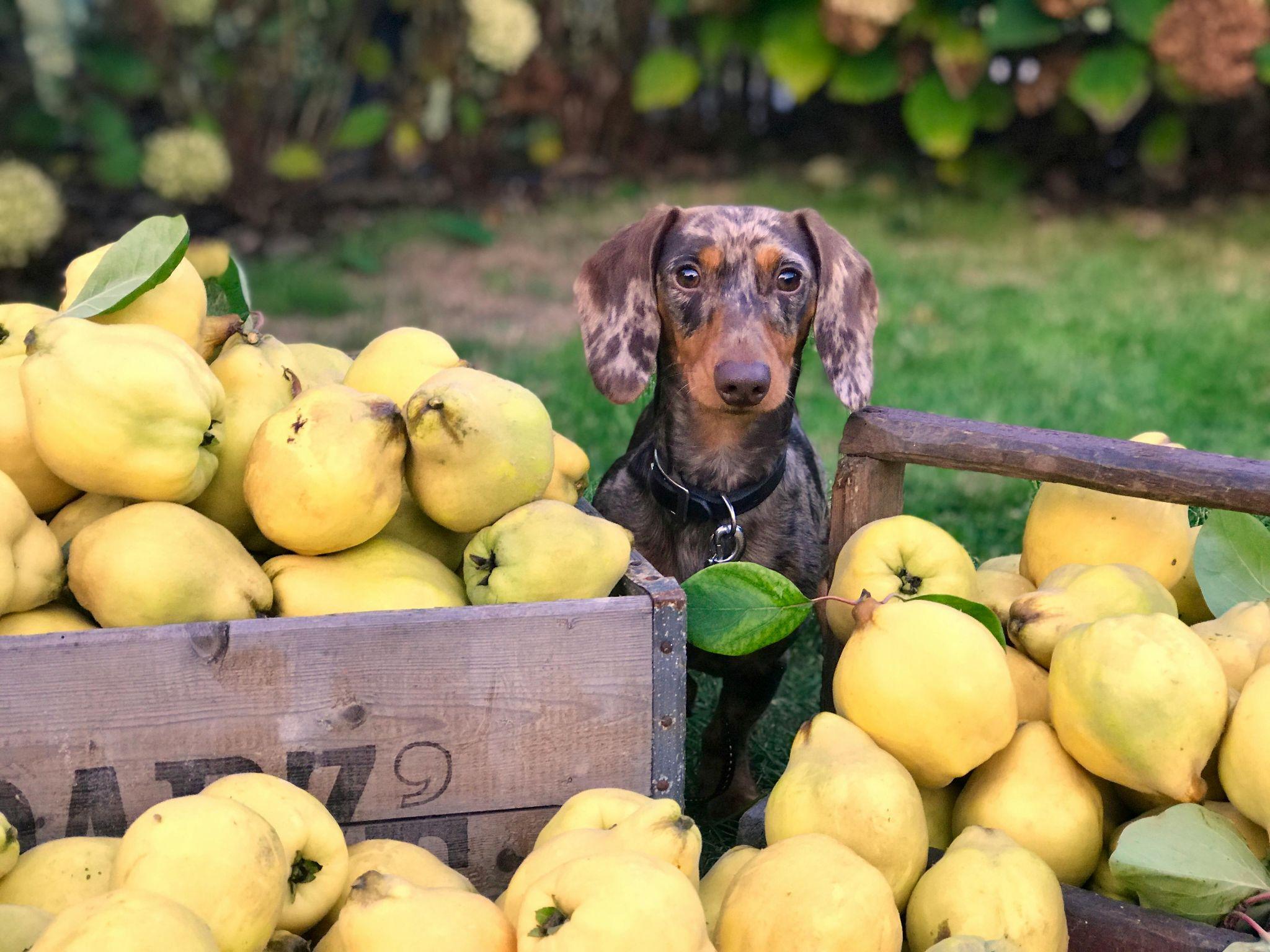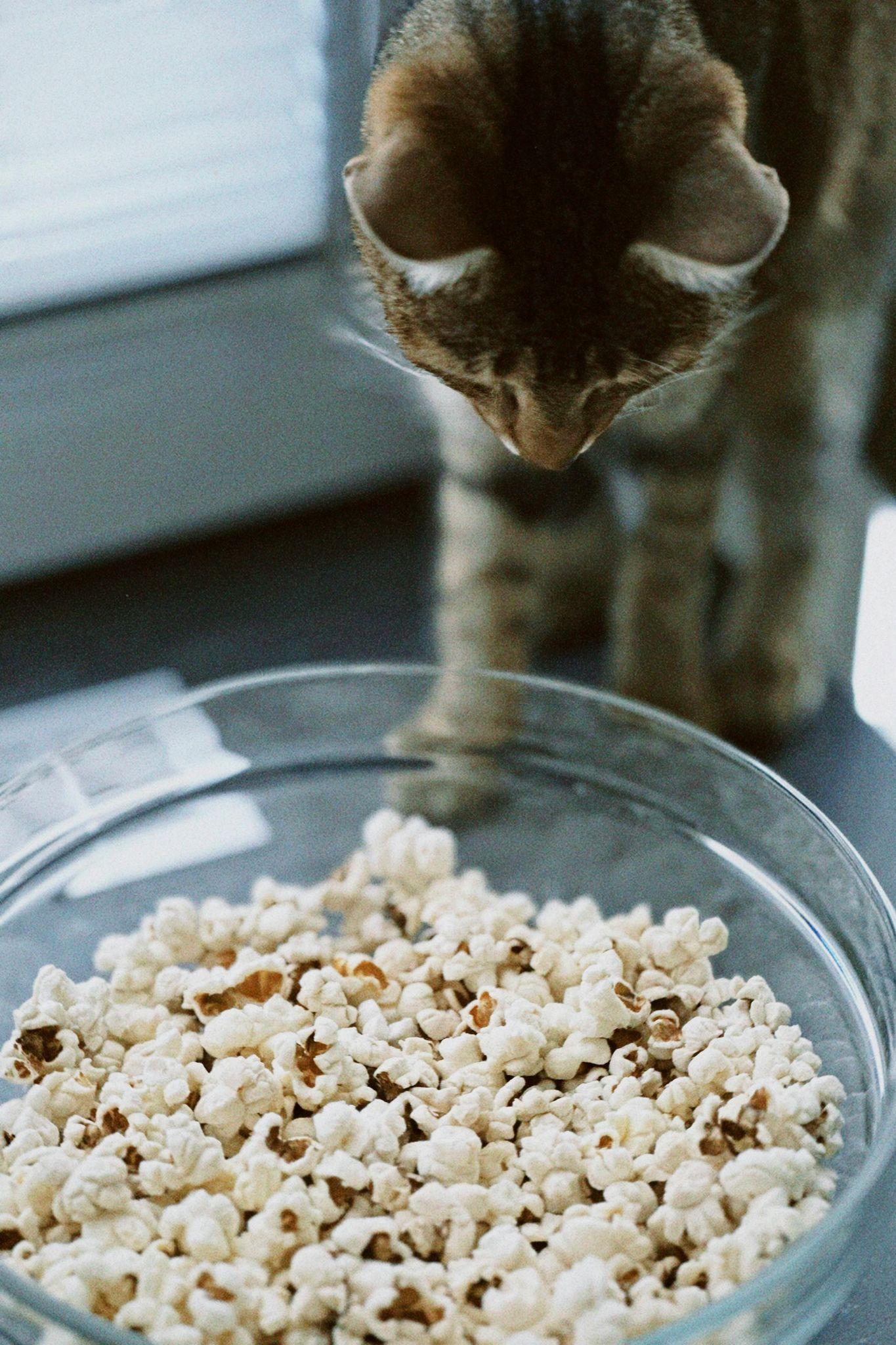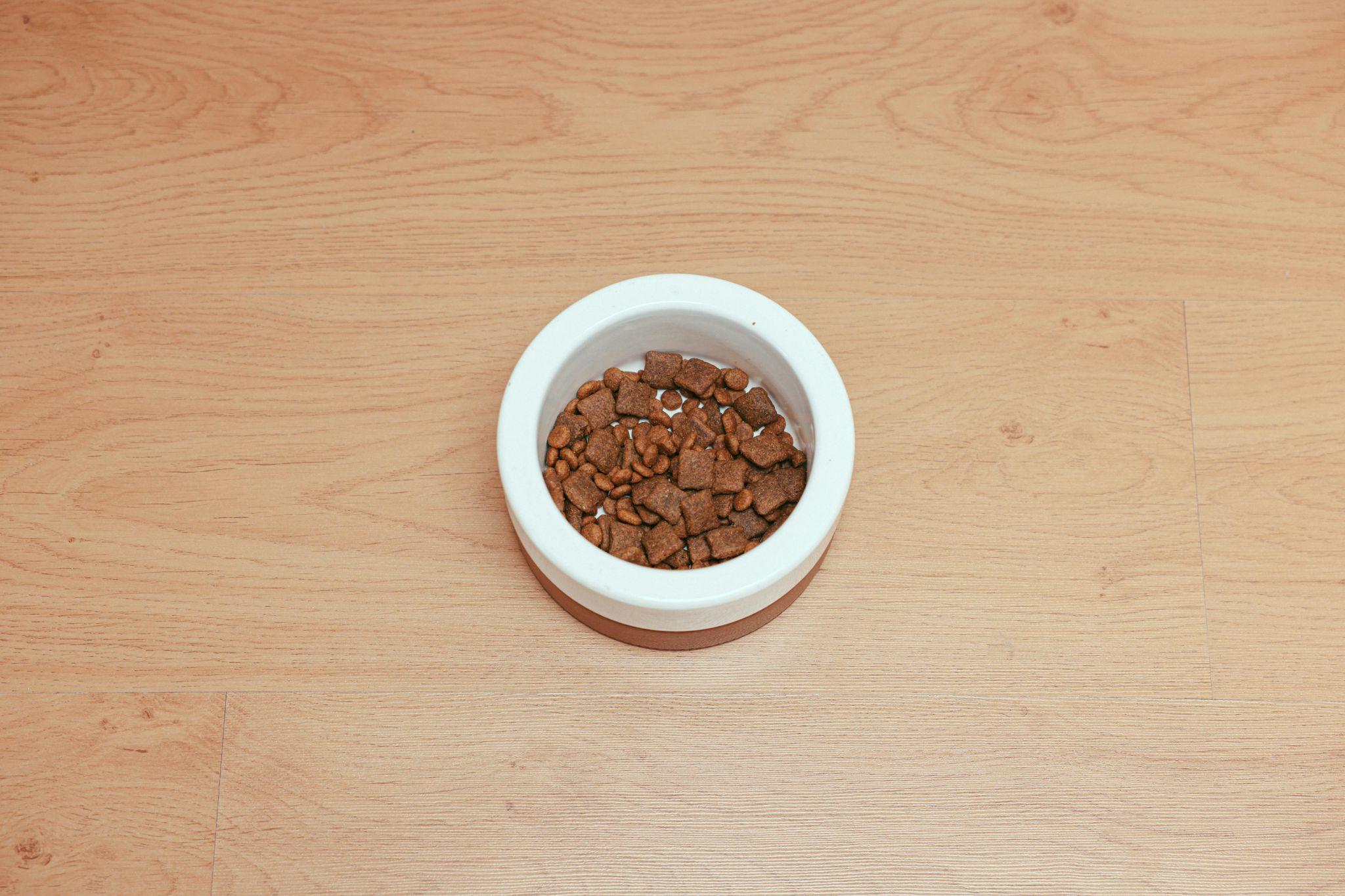When it comes to feeding your beloved pet, you face a critical decision: homemade pet food vs. commercial pet food. Each option offers its own set of advantages and challenges. Understanding the pros and cons of homemade pet food and commercial pet food will help you make an informed choice that best suits your pet’s needs and your lifestyle.

Choosing the right food for your pet is crucial for their health and well-being. As more pet owners become conscious of what goes into their pets’ meals, the debate between homemade and commercial pet food intensifies. Each option provides unique benefits and potential drawbacks. This article will explore the homemade pet food vs. commercial pet food debate, examining their respective pros and cons to guide you in making the best choice for your furry friend.
Homemade Pet Food: Pros and Cons
Pros of Homemade Pet Food

- Control Over Ingredients
One significant advantage of homemade pet food is the control you have over the ingredients. You can select high-quality, fresh components and avoid harmful additives, preservatives, and fillers often found in commercial pet foods. https://truepetslove.com/product/oneisall-dog-grooming-kit/ - Customization
Homemade pet food allows for a diet tailored to your pet’s specific needs, allergies, or health conditions. You can create recipes that meet your pet’s individual nutritional requirements. - Quality Assurance
Preparing food at home provides direct insight into ingredient quality and preparation cleanliness. This transparency can lead to better quality control compared to some commercial products. - Freshness
Homemade meals are typically fresher than commercial pet food, which often contains preservatives to extend shelf life. Fresh food can be more appealing to pets and may enhance their overall enjoyment of mealtime.

Cons of Homemade Pet Food
- Nutritional Balance
One of the primary challenges with homemade pet food is ensuring it provides a balanced and complete diet. Pets require a specific combination of proteins, fats, carbohydrates, vitamins, and minerals, which can be challenging to achieve without proper knowledge. - Time-Consuming

Preparing homemade pet food can be time-consuming, involving meal planning, shopping for ingredients, cooking, and storing the food. This commitment might not be feasible for everyone’s schedule. https://truepetslove.com/how-to-recognize-and-treat-common-pet-allergies/
- Cost
High-quality ingredients for homemade pet food can be expensive. Additionally, the costs of preparation, storage, and potential supplementation can add up, making it a less budget-friendly option compared to commercial alternatives. - Risk of Contamination
There is a risk of contamination with homemade pet food if proper hygiene practices are not followed. Cross-contamination or improper cooking can pose health risks to pets.
Commercial Pet Food: Pros and Cons
Pros of Commercial Pet Food

- Convenience
Commercial pet food offers unmatched convenience. It requires no preparation and is readily available in various forms, including dry kibble, wet food, and freeze-dried options. - Nutritional Balance
Most commercial pet foods are formulated to meet the nutritional standards set by regulatory bodies, such as the Association of American Feed Control Officials (AAFCO). This ensures the food is nutritionally balanced and complete for your pet. - Cost-Effectiveness
Commercial pet food can be more cost-effective compared to homemade options. Bulk production and distribution help lower ingredient and preparation costs, making it an affordable choice for many pet owners. - Variety

The commercial pet food market offers a wide range of options to cater to different dietary needs, preferences, and health conditions. This variety allows you to choose the best food for your pet’s specific requirements.
Cons of Commercial Pet Food
- Ingredient Quality
Not all commercial pet foods are created equal. Some may contain low-quality ingredients, such as by-products, fillers, and artificial additives. It’s crucial to choose high-quality brands and read labels carefully. - Less Control Over Ingredients

With commercial pet food, you have less control over what goes into your pet’s meals. You may not be aware of the specific sources or quality of the ingredients used.
- Health Issues https://truepetslove.com/
Some pets may experience health issues related to commercial pet food, such as food allergies or sensitivities. It’s important to monitor your pet’s health and consult with a veterinarian if you notice any adverse reactions. - Environmental Impact
The production and packaging of commercial pet food can have a significant environmental impact. From sourcing ingredients to manufacturing processes, these factors contribute to the overall carbon footprint of commercial pet food.
Homemade vs. Commercial Pet Food: A Balanced View
When comparing homemade pet food and commercial pet food, it’s essential to weigh the pros and cons of each option. The homemade pet food vs. commercial debate often comes down to personal preference, lifestyle, and your pet’s specific needs.
Factors to Consider

- Health Needs: Consider your pet’s health condition and dietary requirements. Some pets may benefit more from the customization of homemade food, while others may thrive on the balanced nutrition provided by commercial options.
- Time and Effort: Evaluate how much time you can dedicate to preparing homemade meals versus the convenience of purchasing commercial food.
- Budget: Determine your budget for pet food. Homemade pet food may require a higher initial investment, while commercial options can offer more cost-effective solutions.
- Consultation: Always consult with a veterinarian before making significant changes to your pet’s diet. They can provide valuable insights and recommendations based on your pet’s health and nutritional needs.

Deciding between homemade pet food and commercial pet food involves careful consideration of the pros and cons of each option. Both homemade and commercial pet food offer unique benefits and challenges. By understanding these aspects and considering your pet’s specific needs, you can make an informed choice that supports their health and happiness. Ultimately, the goal is to provide your pet with a nutritious, balanced diet that contributes to their overall well-being and longevity.
